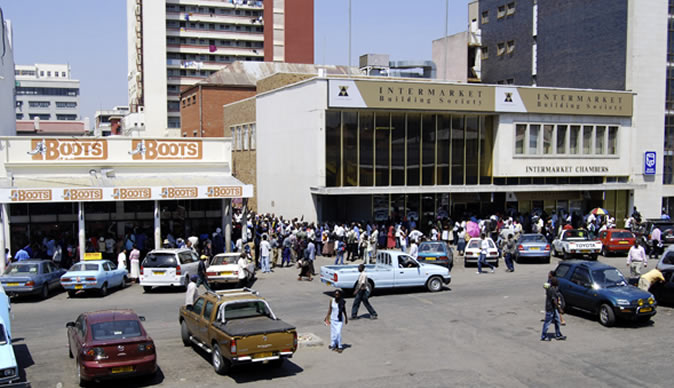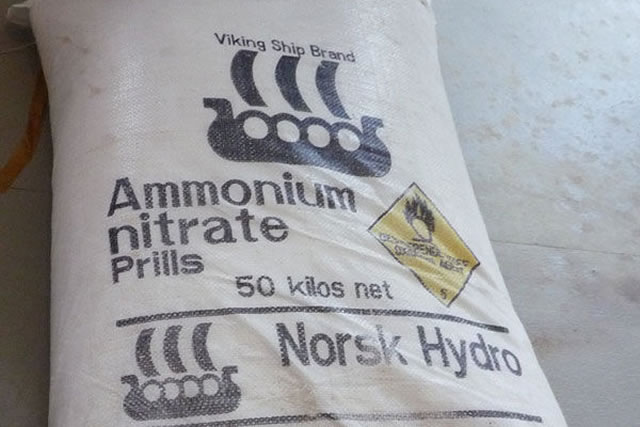‘Dimaf impact limited’

 Senior Business Reporter
Senior Business Reporter
FUNDING from the $40 million Distressed Industries and Marginalised Areas Fund (Dimaf) has not made a significant impact in the revival of Bulawayo firms as the resources are a “drop in the ocean”, businesspeople have said.
The government and Old Mutual set up Dimaf, whose resources are disbursed through Cabs, to bail out ailing companies in the country.
Last week, Industry and Commerce Minister Mike Bimha told a Parliamentary Portfolio Committee on Trade and Industry that 26 of the 48 firms that had so far benefited from the facility were from Bulawayo while 22 were from other parts of the country.
The government and Old Mutual were both supposed to commit $20 million each to Dimaf.
Bimha said while Old Mutual contributed $20 million to the Dimaf facility, the government had failed to honour its pledge thus Old Mutual had contributed in excess of its pledge putting in $27 million so far, which has since been drawn out.
Bulawayo, once the industrial hub of the country, needs at least $500 million to restore industrial vibrancy.
In separate interviews, the businesspeople said although some companies in Bulawayo benefited, the impact of Dimaf had been limited.
“Dimaf resources have not made a big impact as far as the revival of companies in Bulawayo is concerned as the funding is a drop in the ocean.
“To a certain extent, the facility has worked to keep those companies that have benefited working though its piece meal,” said the Affirmative Action Group national vice president, Sam Ncube.
He said it was imperative for industry players to come up with fresh ideas to resuscitate companies.
“We need a robust approach as we have reached a stage where people (private sector) need to come up with solutions and make submissions to the government. For example, there are so many assets owned by central government and the local authority, if we can use these assets as collateral security we can secure off-shore funding,” he said.
Millennium Footwear managing director Stewart Simali echoed similar sentiments adding that there was a need for transparency by making public beneficiaries of Dimaf.
“We are told that so many companies have received funding from Dimaf but the names of firms that have benefited are not being revealed. Just for the sake of promoting transparency, companies that have benefited need to be revealed,” said Simali.
“The funds are a drop in the ocean because Bulawayo needs huge funding to stimulate productivity.”
Another businessperson Charles Chiponda said the private sector should spearhead development with the government on the other side crafting favourable policies to attract investors.
According to the Confederation of Zimbabwe Industries, capacity utilisation in the manufacturing sector last year dropped to 39,6 percent from about 44,6 percent the prior year.
This was largely due to liquidity constraints in the economy, intermittent power supplies and antiquated technology.
Due to the operational challenges companies are facing, Bulawayo has in the past few years experienced de-industrialisation resulting in more than 100 firms closing down with more than 20,000 workers becoming redundant.











Comments